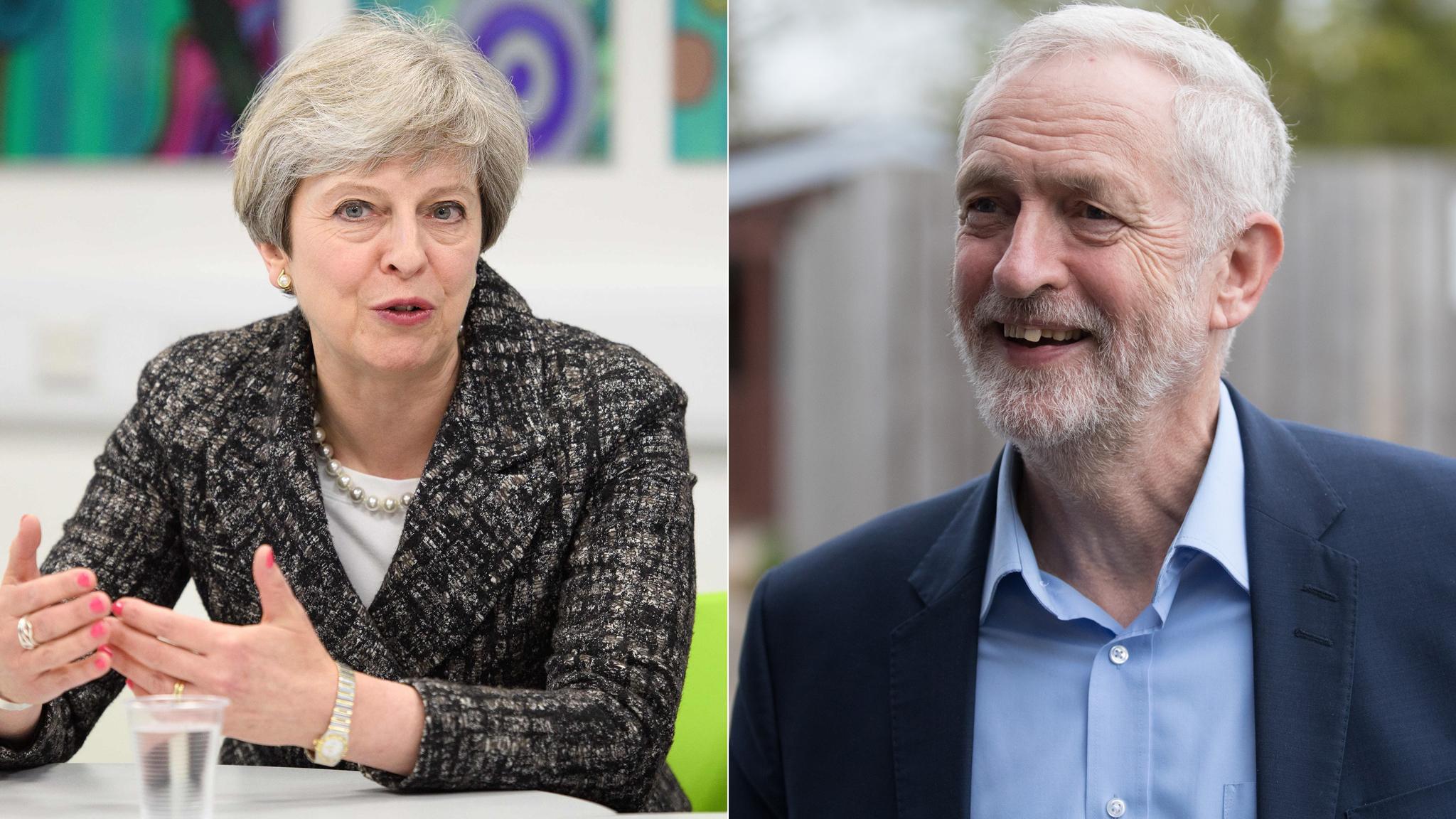How might the general election play out in Scotland?
- Published
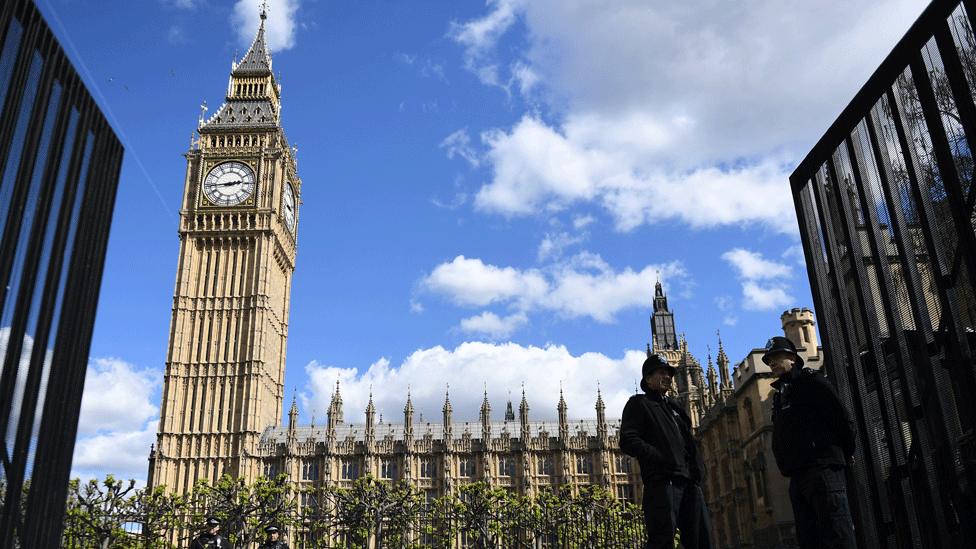
PM Theresa May will ask the House of Commons to back her plan to hold a UK election in June
If this election is to be a referendum on Brexit in the rest of the UK then in Scotland it will be dominated by arguments over whether there should be another referendum on Scottish independence.
First Minister Nicola Sturgeon says she doesn't need to use this election to win a mandate for a referendum because the Scottish Parliament has already voted in favour of having another poll.
But she will obviously use this election to make the case that Scotland should be allowed to choose its own future as the UK prepares to leave the EU.
There is a certain irony to Prime Minister Theresa May calling an election now when she also says that "now is not the time" for another referendum on Scottish independence, saying politicians should be concentrating on negotiating Brexit.
It will be tricky for Tories in Scotland to keep telling Ms Sturgeon that she needs to concentrate on the "day job" whilst fighting a general election called by their party leader.
The SNP hope this could be a great opportunity.
A strong performance in the election could boost their demands for an independence vote.
The only problem is that they did so well in the general election of 2015 - winning 56 out of Scotland's 59 seats - that it's hard to see how they could do any better than that.
Second referendum on independence
If they lose seats then their opponents will argue that shows Scottish voters don't want another indyref.
The Tories say they are optimistic about the prospect of "increasing our number of seats". They only hold one at the moment.
The party will go into this election saying they are the only one which will strongly oppose a second referendum on Scottish independence.
That's a position which served them well in the 2016 election to the Holyrood parliament when they overtook Labour to become the second largest party in Scotland.
Scottish Labour struggle to get their message through to voters when the argument is dominated by the constitution and questions of independence.
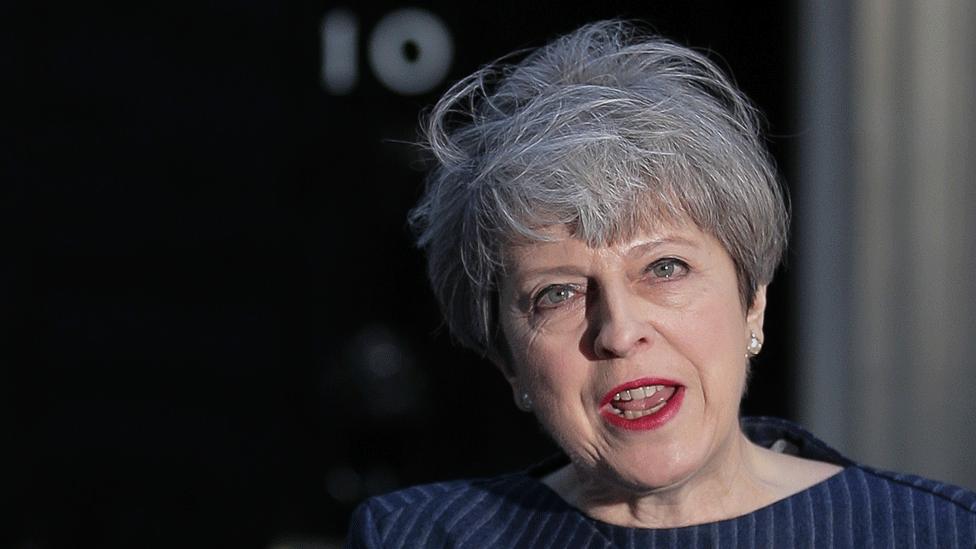
Theresa May says she has changed her mind on holding an election
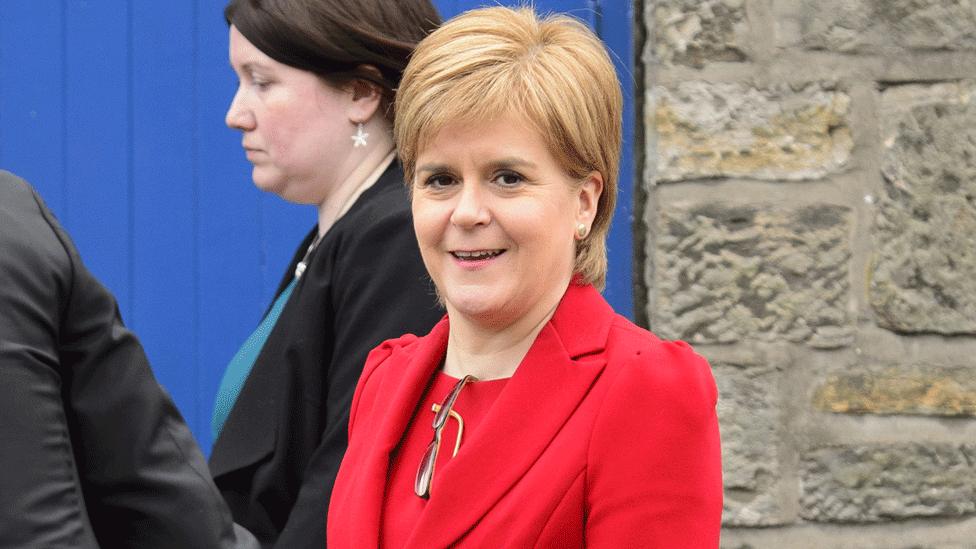
Nicola Sturgeon's SNP won the majority of Scotland's Westminster seats in the 2015 UK election
They oppose another referendum but aren't seen as the natural party for strongly unionist voters.
Their arguments for a federal Britain with greater powers for Scottish Parliament gets drowned out by the fight between the SNP and the Tories.
The Lib Dems - who also voted against a Scottish referendum in the recent Holyrood vote - may also find it difficult to be heard.
The SNP realise it will be difficult to replicate their success in the 2015 election when they took nearly every seat in Scotland with nearly 50% of the vote.
That was an astonishing result in an election held just a few months after the 2014 independence referendum.
Many of the arguments have changed significantly since then. How the SNP perform in this election will shape the constitutional argument in Scotland for years to come.
- Published18 April 2017
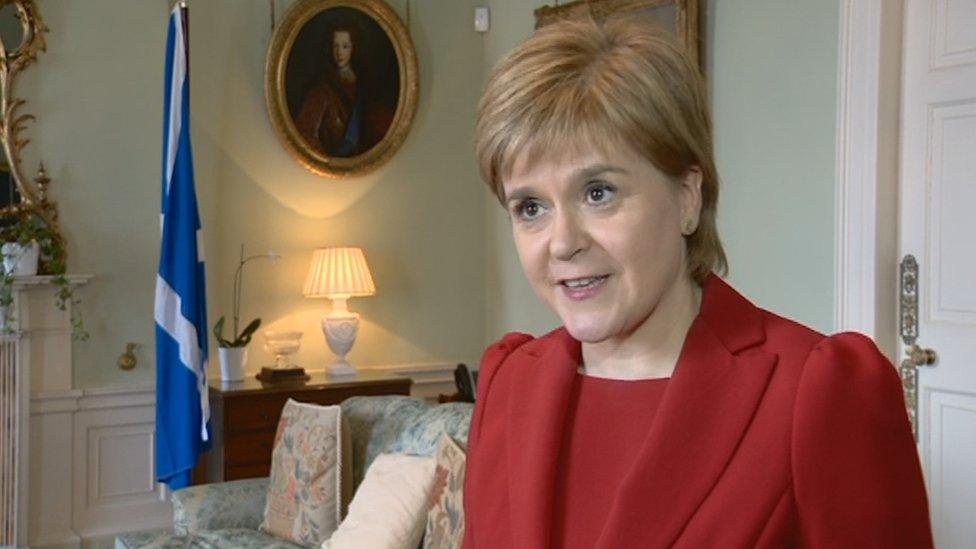
- Published18 April 2017
